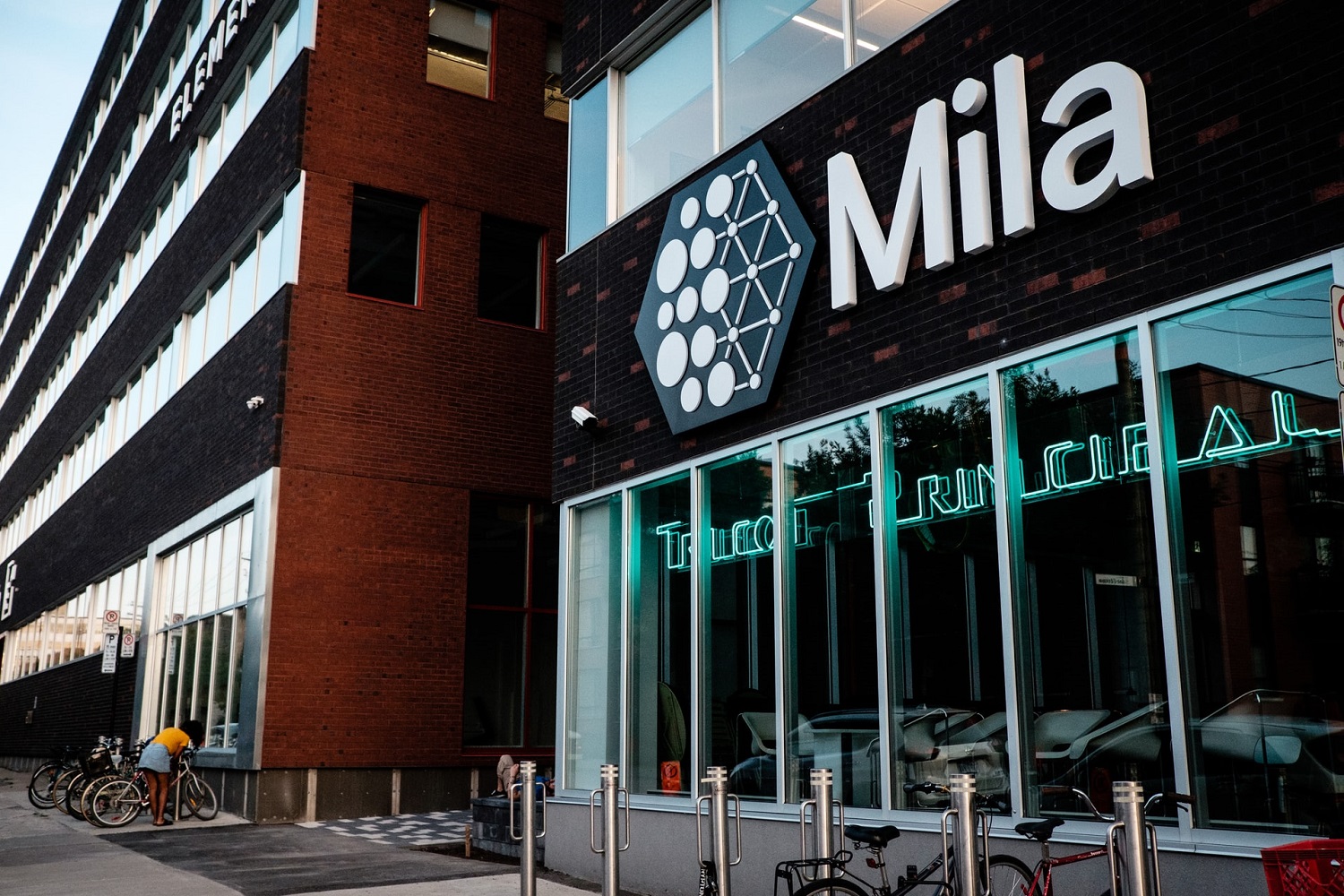
Below is the excerpted introduction from the full paper, authored by Allison Cohen, Abhishek Gupta, Tania De Gasperis, Marianna B Ganapini, Camylle Lanteigne, and Victoria Heath.
Introduction
Contact tracing has grown in popularity as a promising solution to the COVID-19 pandemic. The benefits of automated contact tracing are two-fold. Contact tracing promises to reduce the number of infections by being able to: 1) systematically identify all of those that have been in contact with someone who has had COVID; and, 2) ensure those that have been exposed to the virus do not unknowingly infect others.
“COVI” is the name of a recent contact tracing app developed by Mila and was proposed to help combat COVID-19 in Canada. The app was designed to inform each individual of their relative risk of being infected with the virus, which Mila claimed would empower citizens to make informed decisions about their movement and allow for a data-driven approach to public health policy; all the while ensuring data is safeguarded from governments, companies, and individuals.
This article will provide a critical response to Mila’s COVI White Paper. Specifically, this article will discuss: the extent to which diversity has been considered in the design of the app, assumptions surrounding users’ interaction with the app and the app’s utility, as well as unanswered questions surrounding transparency, accountability, and security.
We see this as an opportunity to supplement the excellent risk analysis done by the COVI team to surface insights that can be applied to other contact- and proximity-tracing apps that are being developed and deployed across the world. Our hope is that, through a meaningful dialogue, we can ultimately help organizations develop better solutions that respect the fundamental rights and values of the communities these solutions are meant to serve.
